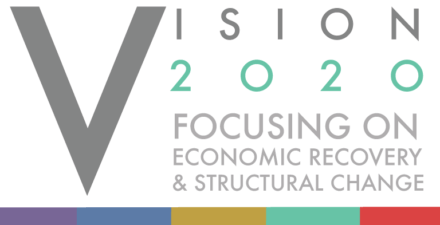During the mid-20th century, strong economic growth was broadly shared, as incomes increased and children could expect a better quality of life than their parents, though significant disparities across demographic groups remained. In recent decades, wealth, income, and earnings inequality have been rising and mobility declining, and demographic disparities persist. Better understanding these trends and their implications for economic growth will inform evidence-backed policies that improve growth and mobility for people across incomes, regions, and demographic groups.
Featured Research
Experts on the issue
Connect with us!
Get in Touch
Explore the Equitable Growth network of experts around the country and get answers to today's most pressing questions!






















